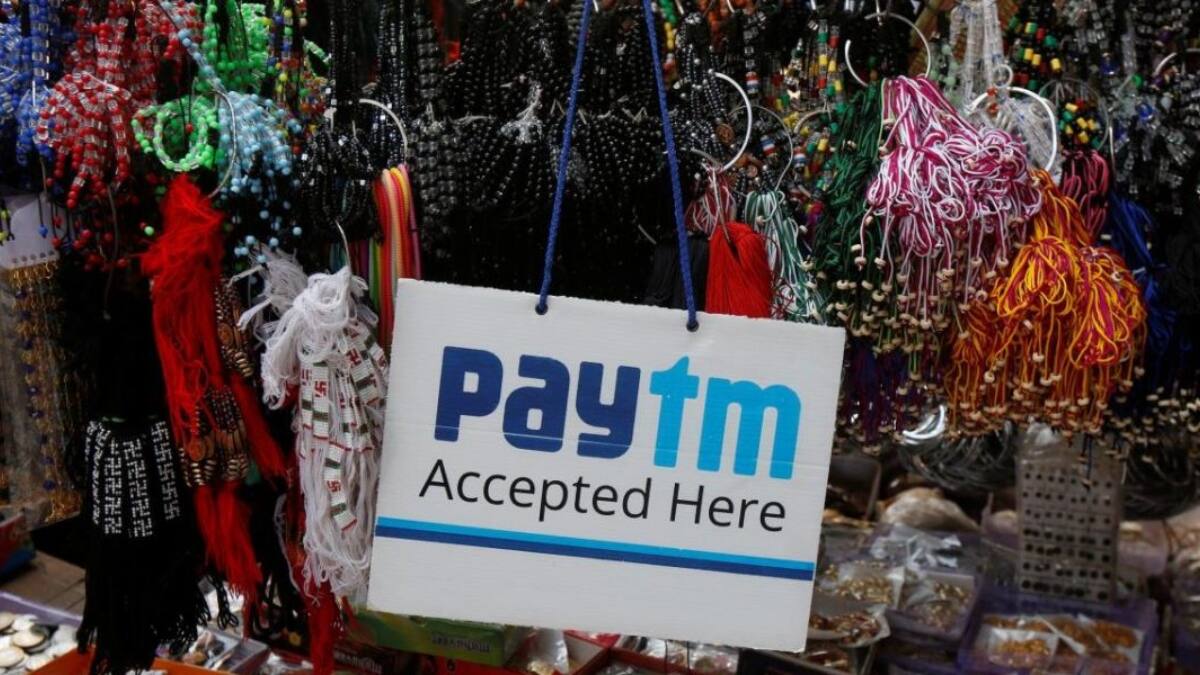The Securities and Exchange Board of India (Sebi) on Tuesday extended the deadline for its Settlement Scheme 2022 by two months to January 21, 2023.
The scheme provides a one-time settlement opportunity for entities that have executed trade reversals in the stock options segment of the BSE during the period from April 1, 2014 to September 30, 2015, and against whom adjudication proceedings have been initiated and are pending before any forum or authority. The settlement period commenced on August 22, 2022 and was to end on November 21.
“It has been observed that during the last few days, a large number of entities have shown interest in availing of the scheme. Considering the interest of entities in availing of the scheme, the competent authority has extended the period of the scheme till January 21, 2023,” said a note put out by Sebi on Tuesday.
A settlement scheme is in the nature of a plea bargaining where the party suo motu opts for the scheme and ultimately settles the dispute with the regulator if the terms offered are fair and as per the scheme.
“The scheme is attractive, and although normally settlement is meant to be more expensive than levy of penalty, the scheme allows settlement at a fraction of the amount of penalty levied otherwise. Secondly, several people have been allowed by the Securities Appellate Tribunal to avail of the scheme in the last couple of weeks, even if they had paid the penalty and not filed the appeal on time, but had stated that they paid the penalty under protest. So, all these people may actually get a refund,” said Jayant Thakur, a chartered accountant.
Also read: What’s pushing more Indians towards real estate investment today?
Sebi’s 2020 settlement scheme was not successful as the terms laid down for the settlement were not very attractive. Even persons with a small quantity of such manipulative trades were asked to pay a hefty settlement amount. The 2022 scheme, however, has had a better success rate as it provides more reasonable terms to attract parties to close their matters with Sebi. For instance, it considers only the number of trades for arriving at a settlement amount, and not the volume contributed or number of contracts. The penalties, on an average, could be one-fifth of that levied in the earlier settlement scheme, said experts.
In 2015, Sebi had found that out of the 21,652 entities that traded on BSE’s stock options segment, nearly 70% or 14,720 entities were involved in generating artificial volume by executing reversal trades in the segment. This means that the entities would either sell their options contracts only to buy them subsequently, or vice-versa, at a significant price differential, thereby generating an artificial volume.


